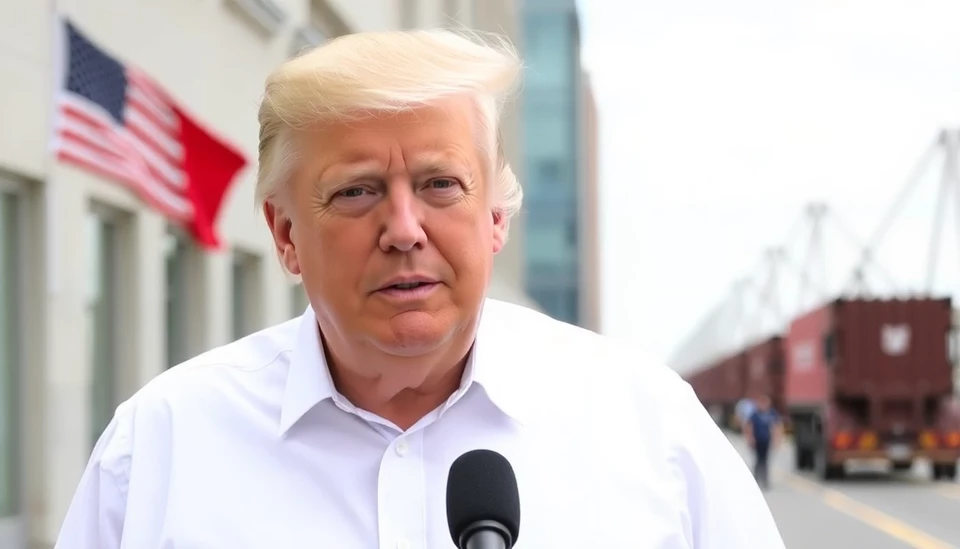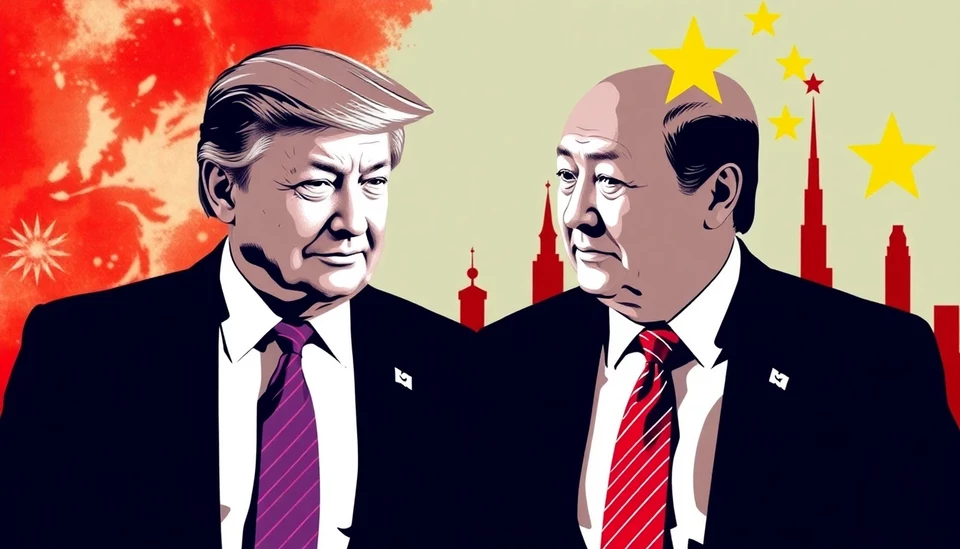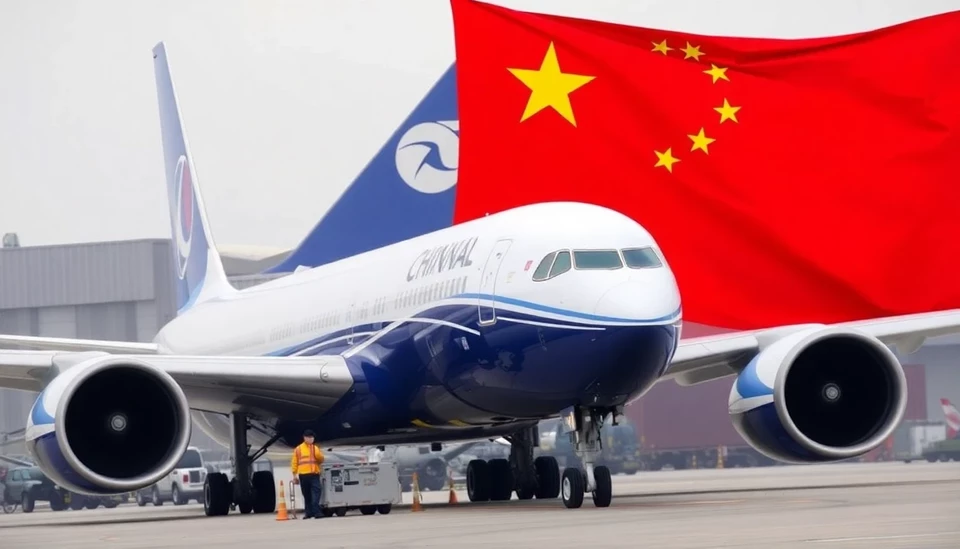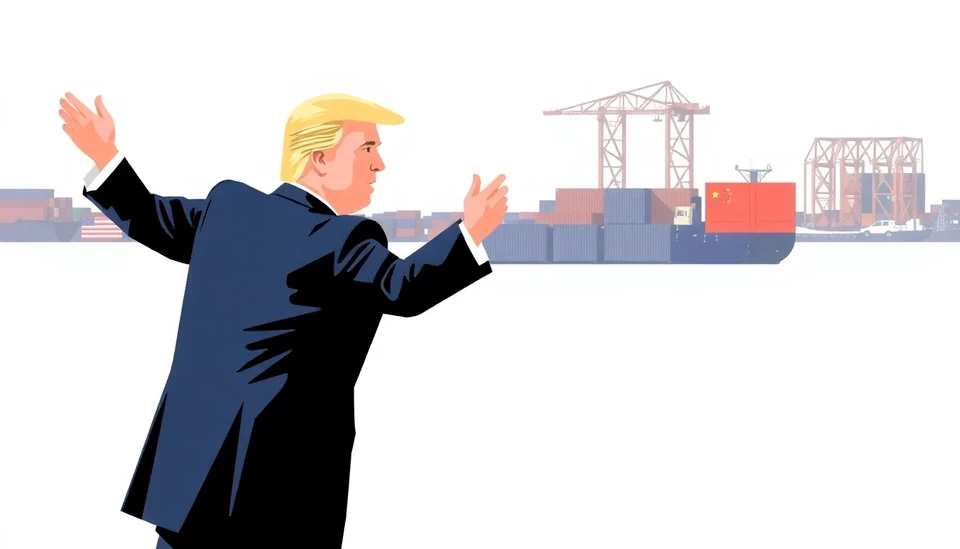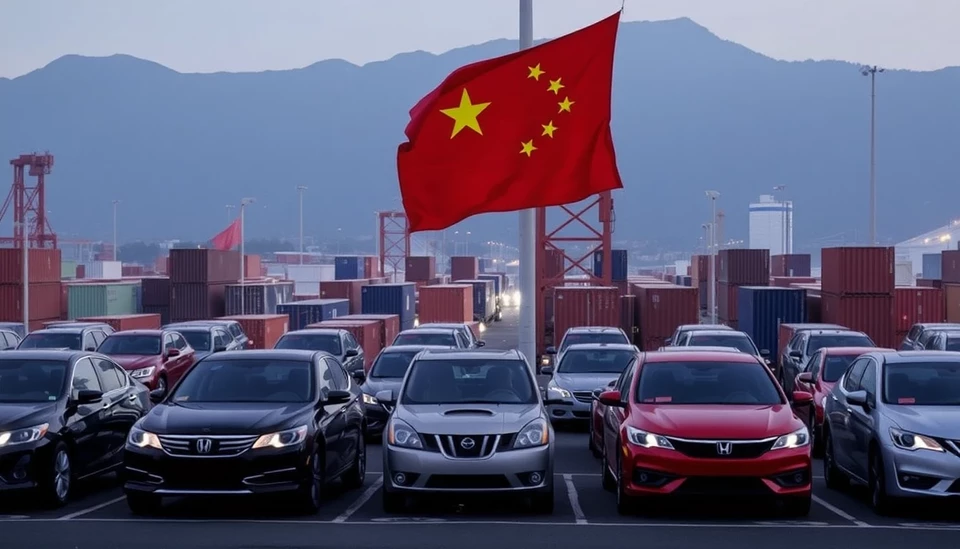
In a significant escalation of trade tensions between the United States and China, the Chinese government has imposed a hefty 10% tariff on imported vehicles from the U.S., affecting major automakers including General Motors (GM), Ford, and Mercedes-Benz. This unexpected move, which experts say could amount to a staggering $10 billion impact on the American automotive industry, adds a new layer of complexity to the ongoing economic dialogue between the world’s two largest economies.
Implemented as part of China's countermeasures against American tariffs on Chinese goods, the new import duties specifically target various SUV models, which are highly favored in the Chinese market. GM's popular Chevrolet Tahoe and Ford's Explorer are among those that will now carry a higher price tag due to this tax. Similarly, Mercedes-Benz’s high-end SUV models will also face increased costs, likely translating to higher retail prices for consumers.
This decision comes at a time when U.S. automakers are already grappling with supply chain disruptions and a global semiconductor shortage, which have hampered production levels. With Chinese consumers showing a growing demand for SUVs and premium vehicles, the imposition of these tariffs is seen as a direct blow to American brands trying to regain traction in a crucial market.
In response to the tariffs, officials from GM and Ford expressed their disappointment, emphasizing the potential negative impacts on their business operations and the broader implications for American employment in the automotive sector. Automotive leader GM voiced concerns that this measure could lead to reduced competitiveness for American-made vehicles in China’s lucrative marketplace.
The timing of this tariff is particularly noteworthy, given the recent talks between American and Chinese trade representatives aimed at easing tensions and fostering a more favorable trade environment. The imposition of the tariffs is likely to derail any progress made in negotiations, underscoring the fragile nature of international trade relations.
Market analysts predict that as these tariffs kick in, we could witness a ripple effect that might not only drive up vehicle prices for consumers but could also prompt American automakers to reconsider their strategies for entering and expanding in the Chinese market. This includes the potential for increased manufacturing operations within China or sourcing components locally to mitigate tariffs.
Furthermore, industry experts warn that if both governments fail to come to an agreement in the near future, there could be even more aggressive tariffs imposed, potentially affecting a wider range of goods and services. The uncertainty surrounding the trade agreements has left businesses and consumers alike in a precarious position, as they attempt to navigate this evolving landscape.
As the situation unfolds, all eyes will be on the response from U.S. trade officials and how they plan to address these new challenges posed by China’s tariffs. For now, the stakes remain high, and the automotive industry is bracing itself for what could be a tumultuous period ahead.
#ChinaTariffs #AutomotiveIndustry #USTrade #GM #Ford #Mercedes #TradeTensions #SUVs #GlobalEconomy
Author: Victoria Adams
